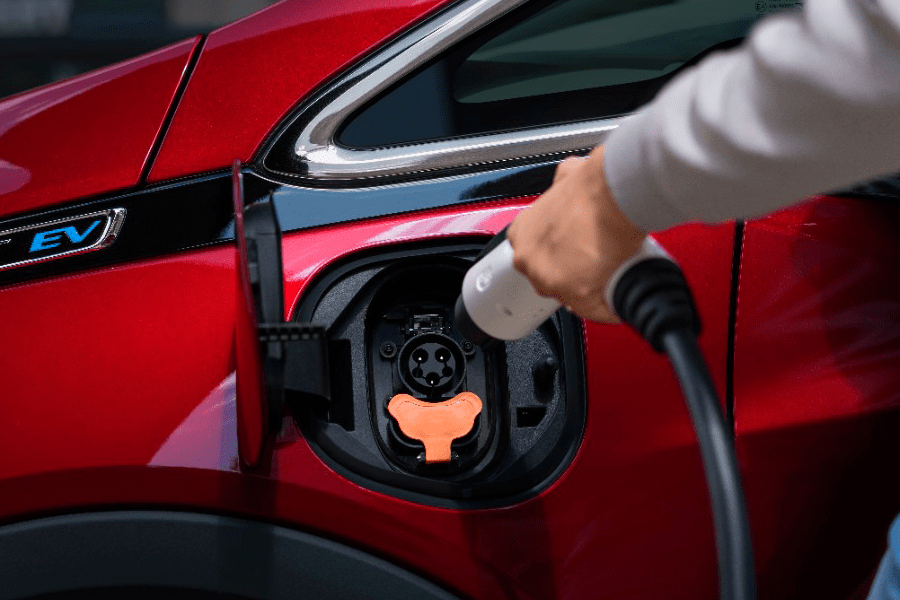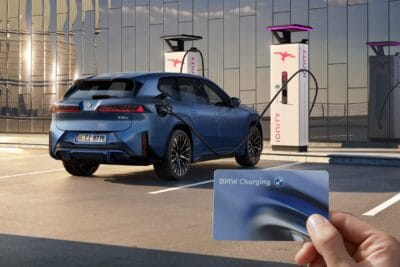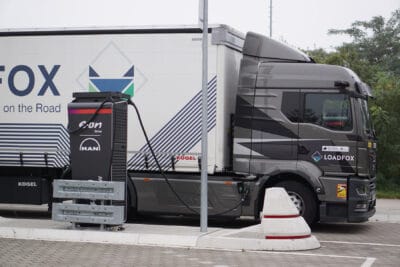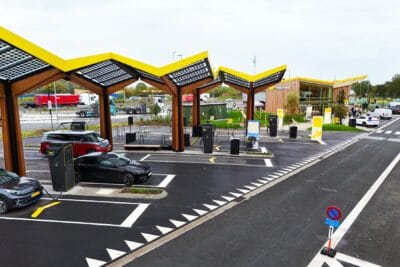Duke Energy releases flat-rate EV charging tariff in North Carolina
Duke Energy is launching a flat-rate pilot with carmakers General Motors, Ford and BMW. The ‘EV Complete Home Charging Plan’ will allow customers in North Carolina to use up to 800 kWh per month to charge an EV at home for a fixed monthly fee.
“The average EV owner is already saving about $1,000 per year on fuel costs compared to a traditional vehicle – a predictable monthly subscription charge on top of that will ensure predictable savings when charging,” said Kendal Bowman, Duke Energy North Carolina state president.
The company estimates the average EV driver uses less than 15 kWh on a given day, adding up to 450 kWh in a month, meaning the pilot will offer nearly twice the amount per month needed by the average driver.
To get 800 kWh in included charging, EV drivers in Duke Energy’s Carolinas service area will pay 19.99 dollars flat and $24.99 in the Duke Energy Progress service area.
Enrollment will happen via the respective EV manufacturer and start this month before the program launches on 1 November.
Duke Energy is working with General Motors, Ford, and BMW of North America as a part of the Open Vehicle Grid Integration Platform (OVGIP). OVGIP data will allow the utility to measure customer charging data directly from the enrolled vehicles, eliminating the need to install a second meter. Each automaker owns and manages its charging application that communicates through OVGIP.
Using these apps during the pilot, participants will input their desired time to reach a specific state of charge, and their automaker will optimize their EV charging schedule to meet their specific needs while attempting to avoid charging during the grid’s peak hours, writes the utility.
To further support grid-balancing behaviour, Duke will also send demand response notifications to pilot participants, informing them when to avoid charging an EV.
“EV charging has the added benefit of flexibility, meaning charging can be managed – such as shifting charging to off-peak hours – which is important in limiting cost increases and mitigating peak demands,” said Harry Sideris, executive VP of customer experience at Duke Energy. “Duke Energy has been strategically planning and enabling the grid for a future with many more EVs on the road – and is also making data-driven investments to improve reliability, strengthen the grid, expand technologies and provide customers with the intelligent information they need to make smart energy choices and save money.”
Duke Energy started a pilot project on bidirectional charging with Ford F-150 vehicles in Florida to support V2G technology in 2022.
The utility reportedly targets converting 10,000 vehicles to electric by 2030 in its own fleet. This includes 4,000 light-duty vehicles (everything from sedans to SUVs), 6,000 medium- and heavy-duty vehicles, and off-road vehicles. Notably, the pledge only extends to 50% of the medium- and heavy-duty vehicles, meaning Duke targets 70% of their total vehicle fleet to be electric in the medium term.
Duke already operates 600 battery-electric and plug-in hybrid vehicles and says they encourage EV use.
The company’s electric utilities serve 8.2 million customers in North Carolina, South Carolina, Florida, Indiana, Ohio and Kentucky, collectively owning 50,000 megawatts of energy capacity.





17 Comments